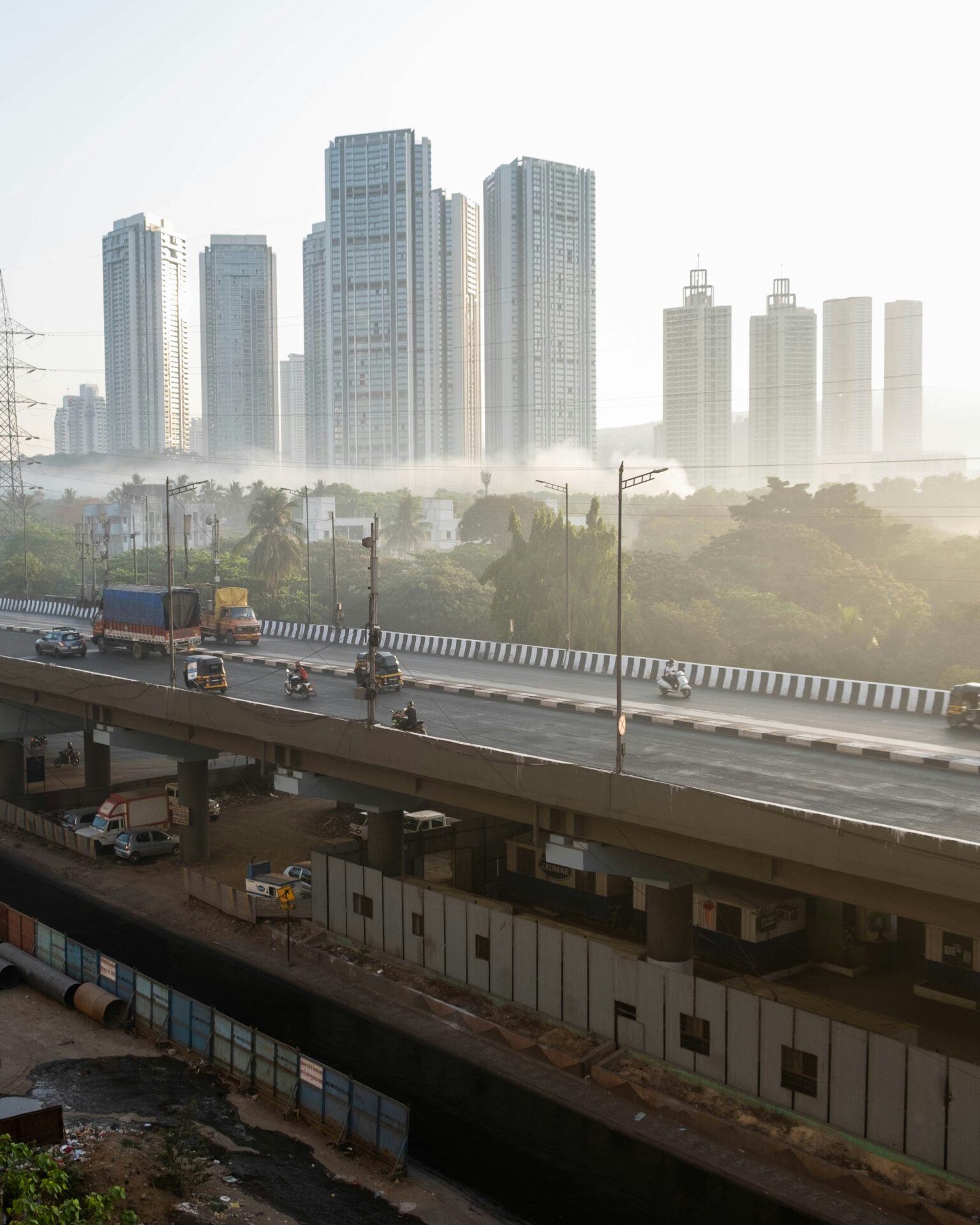INAUGURAL SESSION
The convening was inaugurated with:
- Opening Remarks by Mr. Hitesh Hathi, Executive Director of the Mittal Institute
- Welcome Address by Shri Tanmay Kumar, Secretary, Ministry of Environment, Forest and Climate Change
- Opening Address by Prof. Tarun Khanna, Jorge Paulo Lemann Professor, Harvard Business School and Faculty Director, Lakshmi Mittal and Family South Asia Institute at Harvard University
- Remarks by Prof. James H. Stock, Vice Provost for Climate and Sustainability at Harvard University
- Remarks by Shri Tarun Kapoor, Adviser, Prime Minister Office, Government of India
- Address by Shri Kirti Vardhan Singh, Hon’ble Minister of State for Environment, Forest and Climate Change
- Video address by Dr. Alan Garber, President of Harvard University
- Address by Shri Suman Berry, Vice Chairperson, NITI Aayog
This was followed by two keynote addresses:
- “Preparing for a Warmer Climate” by Dan Schrag, Sturgis Hooper Professor of Geology, Harvard University
- “India’s Leadership in Preparing for Climate Change” by Tarun Khanna, Jorge Paulo Lemann Professor, Harvard Business School
PLENARY 1: SOCIETAL IMPLICATIONS
A panel discussion with experts from various disciplines addressing critical issues related to climate science, health, labor, and community resilience.
Speakers:
- David Battisti (Professor of Atmospheric Sciences at the University of Washington) on climate science
- Dr. Vidhya Venugopal (Country Director, NIHR EC-NCD) on health
- Reema Nanavaty (SEWA) on labor
- Rahul Mehrotra (Professor of Urban Design and Planning, Harvard Graduate School of Design) on habitat and the built environment
- Biraj Patnaik (Executive Director, National Foundation for India) on vulnerable communities in India
Moderator:
- Satchit Balsari (Associate Professor, Emergency Medicine and Global Health, Harvard Medical School)
PLENARY 2: GOVERNANCE
In this plenary, senior state officials will respond to the challenges and opportunities for India, in the context of the changing climate.
Speakers:
- Safi Ahsan Rizvi (Advisor, National Disaster Management Authority)
- Arti Ahuja (Former Secretary Labour & Employment and G20 EWG Chair)
- Leena Nandan (Former Secretary, Ministry of Environment, Forest, and Climate Change)
Moderator:
- Sujata Saunik (Chief Secretary, Government of Maharashtra and Harvard Chan Takemi Fellow 2017)
PLENARY 3: CLIMATE SCIENCE – IMPACT OF CLIMATE CHANGE ON MONSOONS, HEATWAVES, AND AGRICULTURE
This session will explore the significant impact of climate change on India’s monsoon patterns and the intensification of heat waves across the country. Rising global temperatures are already making monsoon seasons increasingly unpredictable, leading to irregular rainfall, flooding, and droughts in different regions. Simultaneously, heatwaves are becoming more frequent and severe, putting immense pressure on public health, agriculture, and water resources. This panel will discuss the scientific basis of these changes, their regional variations, and the long-term consequences for India’s climate.
Moderator
- Dan Schrag (Sturgis Hooper Professor of Geology and Professor of Environmental Science and Engineering, Harvard University) – introduction
Speakers
- Roxy Koll (Scientist, Indian Institute of Tropical Meteorology) – precipitation and monsoons
- Jane Baldwin (Assistant Professor, Department of Earth System Science, University of California, Irvine) – heatwaves
- Peter Huybers (Professor of Earth and Planetary Sciences and of Environmental Science and Engineering, Harvard University) – water and agriculture
Respondents:
- Gabe Vecchi (Knox Taylor Professor of Geosciences and the High Meadows Environmental Institute, Director of the High Meadows Environmental Institute, Princeton University)
- Rupa Kumar Kolli (Honorary Scientist, International Monsoons Project Office, Indian Institute of Tropical Meteorology)
PLENARY 4: HOW HOT IS TOO HOT?
This session examines approaches to a shared understanding of extreme heat thresholds across disciplines, setting the stage for Sessions across the Science, Health, Work and Built Environment Tracks.
Opening Remarks and Moderator:
- Joy Shumake-Guillemot (Lead of the WHO/WMO Joint Climate and Health Office)
Speakers:
- Steven Sherwood (Professor, Climate Change Research Centre, University of New South Wales)
- Andreas Flouris (Assistant Professor, Department of Exercise Science, University of Thessaly)
- Akhil Srivastava (Scientist, India Meteorological Department)
- Rajan Rawal (Professor and Senior Advisor, Centre for Advanced Research in Building Science and Energy (CARBSE), CEPT University)
- Purnima Menon (Senior Director, Food and Nutrition Policy, The International Food Policy Research Institute (IFPRI))
PLENARY 5: ADAPTATION FRAMEWORKS
Introduction to approaches to adaptation within government, multilateral organizations, and research organizations.
Speakers:
- Siddharth Nadkarny (Associate Director in Urban Development, The World Bank)
- Arunabha Ghosh (Founder-CEO, CEEW)
- Sameer Kwatra (Senior Director, India, Natural Resources Defense Council (NRDC))
- Alejandro Saez Reale (Coordinator, Global Heat Health Information Network)
PLENARY 6: FINANCING ADAPTATION
Representatives from multilateral and state institutions and philanthropy will respond to the roadmap presented
Moderator:
- Tarun Khanna, Jorge Paulo Lemann Professor at the Harvard Business School and Director, The Lakshmi Mittal and Family South Asia Institute, Harvard University
Panelists:
- Kartikey Sharma, Senior Program Associate, WRI
- Nanki Kaur, Senior Climate Change Specialist, Asian Development Bank
- Neha Kumar, Head, South Asia for Climate Bonds Initiative
- Rajasree Ray, Economic Advisor, Ministry of Environment, Forest, and Climate Change, Government of India
- Uday Khemka, Managing Trustee, The Nand and Jeet Khemka Foundation
- Rishika Das Roy (Lead, Sectoral Strategy and Investments India Climate Collaborative)



